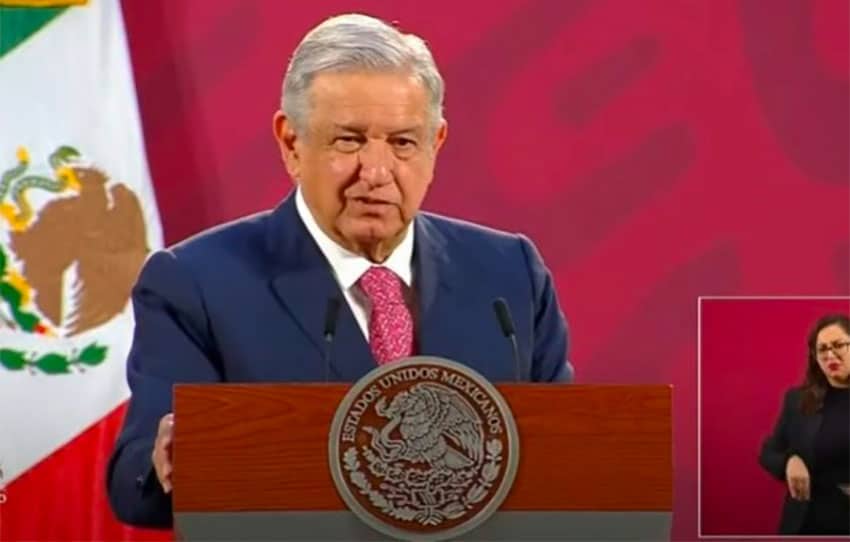Andrés Manuel López Obrador, a man born before women in Mexico were able to vote, spent International Women’s Day barricaded in the National Palace behind a wall guarded by riot police. For a president who promised respect, tolerance and peace, it looked as if he was at war with half his country — women.
Feminists were incensed with López Obrador even before he erected 3-meter-high metal barriers that his spokesman insisted were a “wall of peace” ahead of an International Women’s Day march.
Not only has he failed to make inroads on femicide — a shocking 11 women are killed every day — but he has refused to condemn the candidacy of a member of his Morena party, who is accused of being a serial rapist and is standing for governor in midterm elections in June. When women — including Citlalli Hernández, Morena secretary-general — protested at Félix Salgado Macedonio’s candidacy and urged a break with the “pact” of patriarchy in macho Mexico, López Obrador said he had to ask his wife what they were talking about.
Until then, it might have looked as if López Obrador was “just” out-of-touch or had a tin ear — neither something a politician in the 21st century ought to be advertising, especially one who congratulates himself on leading a gender-parity government. But on International Women’s Day, he smilingly cut off a female journalist’s question in a news conference saying “you’ll have to wait, corazón [darling].” The apparently deliberate choice of words failed to make it into the official transcript but it was not the first time the president had addressed a female reporter in this way.
For women clamouring for their grievances to be heard — like the groups who transformed the barriers around the national palace into a moving memorial with the names of victims of femicide adorned with flowers, and who then projected feminist slogans on to the building’s facade — the message was crystal clear: women’s rights are not a priority for this president. “López Obrador, corazón: women’s votes for your party in the next elections will surely have to wait,” tweeted Ximena Medellín, a professor at CIDE university.

But gender violence is not an issue that resonates strongly for López Obrador’s base — Mexico’s poor — who are more concerned about receiving state handouts. He won by a landslide in 2018. Middle-class women incensed by his attitude are likely to have turned their backs on him already, pollsters and analysts say.
The president insists the barricades around his palace were vital to prevent vandalism. Seemingly unable to comprehend the women’s fury, he called their attempts to break them down with hammers and petrol a “shameless provocation” and said that instead they should have held a demonstration “asking for respect.”
“We’ve tried a lot of things, this is the only way we have left,” said one protester, who asked not to be named, a baseball bat in her hand. Other women carried signs saying: “If only they protected us like they protect their monuments.”
López Obrador is often accused of trying to turn back the clock with his nationalistic economic policies, especially his attempts to make state energy companies great again. He appears to have equally deep-rooted and old-fashioned views about women, and says it is traditional for daughters in Mexico to look after their parents.
And while he admires his wife, Beatriz Gutiérrez, as an intellectual, he seems to delegate care of their 13-year-old son to her while he travels the country every weekend — not unlike the majority of Mexican men, who dump most household chores on their partners.
Although López Obrador’s supporters say he is Mexico’s most feminist president, he shuns the label, calling himself a “humanist.” He maintains his political enemies have jumped on the feminist bandwagon and “infiltrated” the women’s movement in order to attack him.
López Obrador claims to be on a quest to transform Mexico. Transforming his own world view may be harder. As Hernández acknowledged, he “doesn’t seek to be politically correct and won’t force his discourse to ‘make nice’ with us women.”
© 2021 The Financial Times Ltd. All rights reserved. Please do not copy and paste FT articles and redistribute by email or post to the web.
